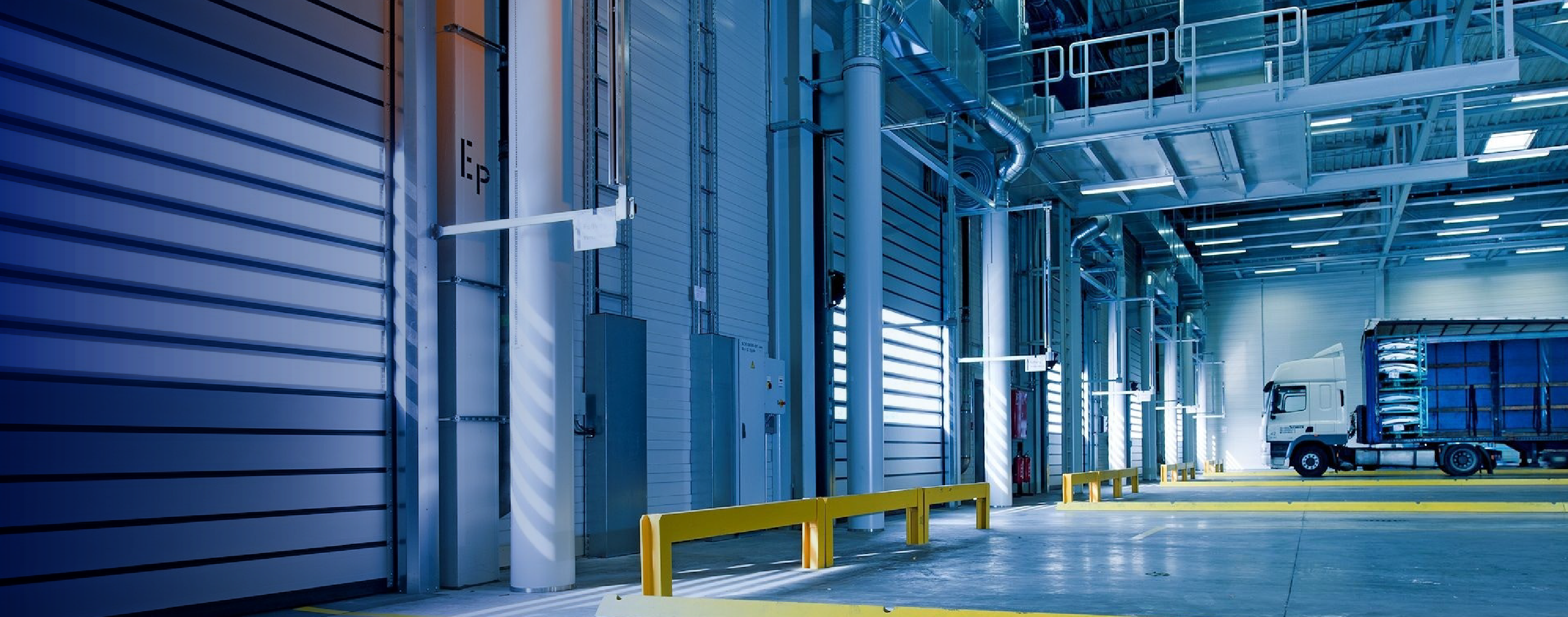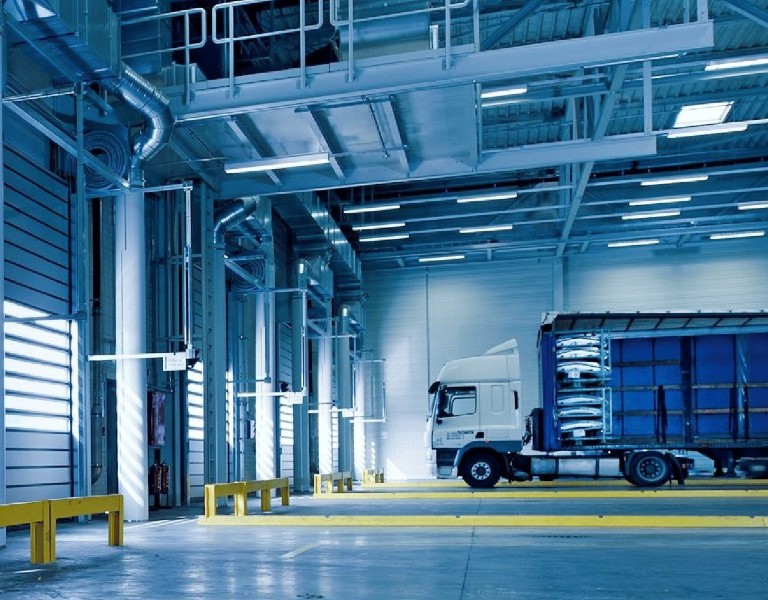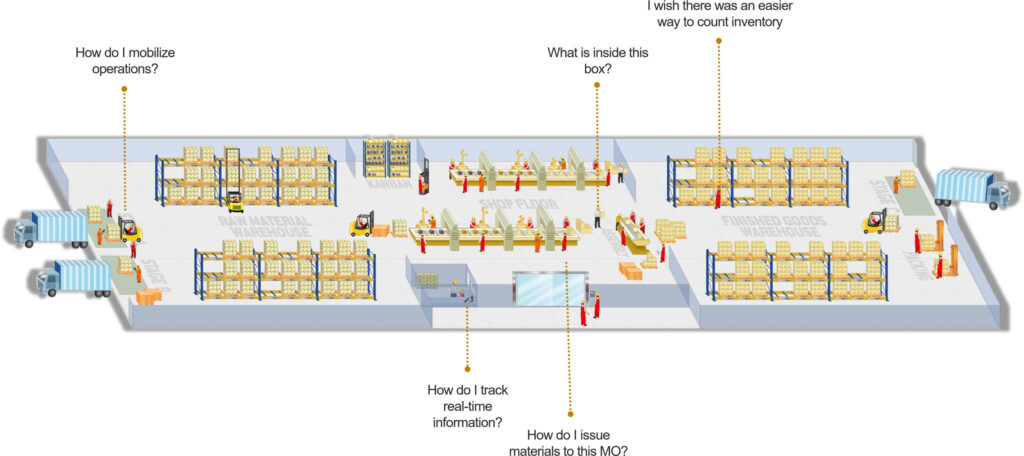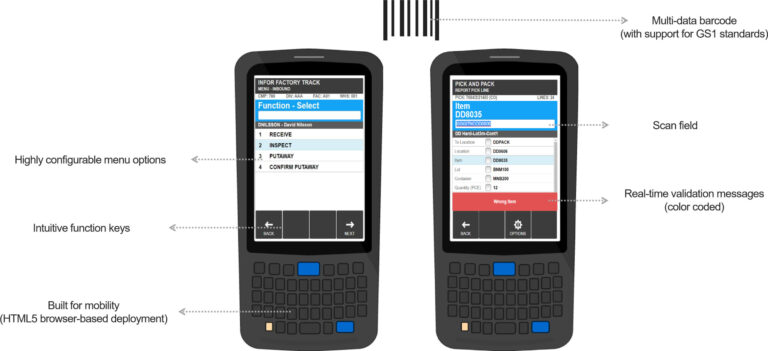Knowingly or unknowingly, many business organizations choose to live with suboptimal processes and outdated technologies that do not serve them well. This often happens due to financial constraints that prevent businesses from investing in better solutions, or not having knowledge about cost-effective solutions. For businesses that manufacture goods, the challenges are greater, given the unique nature of their operations.
Here are few familiar challenges faced by staff, at various touchpoints in a manufacturing facility:
How do we overcome these business challenges?
The challenges can be divided into two groups: warehouse-related and manufacturing-related. Traditional organizations depend on multiple systems to overcome these challenges:
- Warehouse Management System (WMS)
- Shop floor management system
- Enterprise Resource Planning (ERP) system
Let’s dive into the individual capabilities and drawbacks of these systems.
Warehouse Management Systems
Traditionally, a WMS is a stock-taking system that manages the relationship between inventory transactions (e.g., pick, pack, move) and their physical location, such as the stock zone and storage/bin location.
Capabilities of a typical warehouse management system
- Inbound processes: Goods receipt, inspection recording, and put away
- Outbound processes: Picking, packing, and dispatch/shipping
- In-house processes: Movements, transfers, stock counts, and stock inquiries
Drawbacks
- Often limited to warehouse functions
- Often cannot be integrated with other systems such as ERP software
Shop Floor Management Systems
Manufacturing organizations use shop floor management systems to track and report the progress of work in terms of raw materials, operations, and finished goods.
Capabilities of a typical shop floor management system
- Reporting raw material issue
- Reporting of manufactured quantities, rejections and operation times such as run time, setup time, and down time
Drawbacks
- Often limited to shop floor functions
- Often cannot be integrated with other systems such as ERP software
Enterprise Resource Planning (ERP) Systems
An ERP is a modular system that integrates different functions across several departments in an organization. Its modular nature, integrability, and adaptability make it an ideal solution for facilitating manufacturing and warehousing operations and facing related challenges.
However, the reality is that most business transactions occur in volatile, sub-ideal situations such as inside a cold room of less than 30°F temperature, within a warehouse bay area, or next to a noisy blending machine at a production line. And these transactions are performed by users with varying IT skills, some of whom may not have the necessary IT skills to use an ERP system.
Drawbacks
- Setting up computer terminals on factory floors takes a lot of space.
- In a typical 50,000-ft2 warehouse with a large number of locations or bins, users have to walk between computer terminals and docks/loading bays when looking up information or when performing operations. This consumes a lot of time.
- Computer terminals’ hardware is prone to damage due to wet and messy conditions on the factory floor and due to hard, long-term usage.
- It is difficult to use the terminals with safety outfits, overalls, gloves, and goggles.
- Poor user experience: users find it difficult to navigate between programs when entering data. This causes delays between operations and reporting.
Due to these reasons, a standalone ERP system or a combination of a WMS and a shop floor management system often fails to address the challenges faced by users in a shop floor environment.
To alleviate the woes of manufacturing and warehousing operations, Infor has developed a solution: Infor Factory Track. Infor Factory Track can work alongside an ERP as a lightweight mobile companion that works on the ground level to track and absorb all manufacturing and warehousing transactions.
What is Infor Factory Track?
Infor Factory track is a highly configurable and comprehensive production automation solution designed specifically for the manufacturing industry. Using Factory Track, manufacturers can manage inventory, track labor, and automate their time and attendance operations.
Factory Track comprises three modules:
Shop Floor module: A work center automation solution that delivers a paper-less kiosk-based interface that can be accessed by multiple production floor operators to track labor, raw material issue and finished goods.
Warehouse Mobility module: Delivers a real-time inventory management solution with barcode support for ease of use. Using Warehouse Mobility, manufacturers can automate various inventory operations, such as material receiving, material movement, cycle counting, and material dispatch.
Time Track module: A comprehensive application that tracks time and attendance of employees. As nearly every manufacturer has specific attendance and labor rules, Time Track provides a configurable solution that allows organizations to set up their own rules concerning attendance and labor, such as shift duration, labor management, absence management, and timesheet tracking.
Why Infor Factory Track?
1. Runs on handheld or forklift-mounted touch-sensitive devices. This makes it an ideal solution for use cases that require mobility and rough use.
2. Integrated with the ERP system real time. This makes Infor Factory Track a portable mini ERP, which sends information captured at the factory floor to the ERP.
3. Barcode support. This minimizes data entry time and data entry errors as it allows users to capture information using ‘point-and-shoot’ barcode scanners. Factory Track supports GS1 Standard.
4. Touch-optimized user interface. Using large buttons and simplified menus on the touch screen, users can perform functions even when they are wearing gloves.
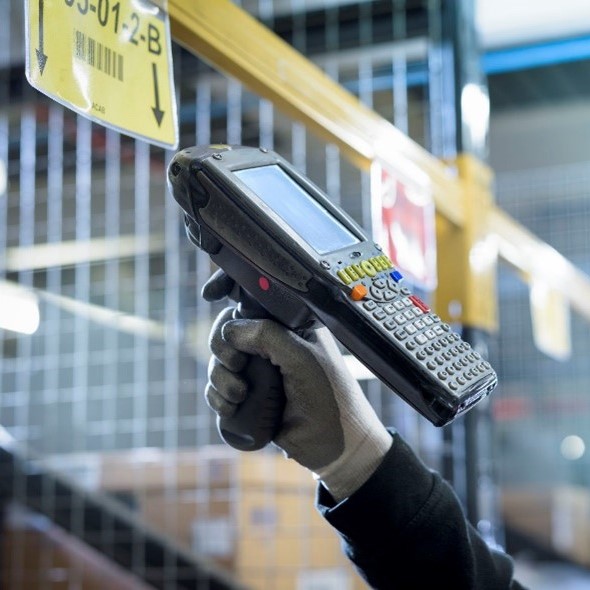
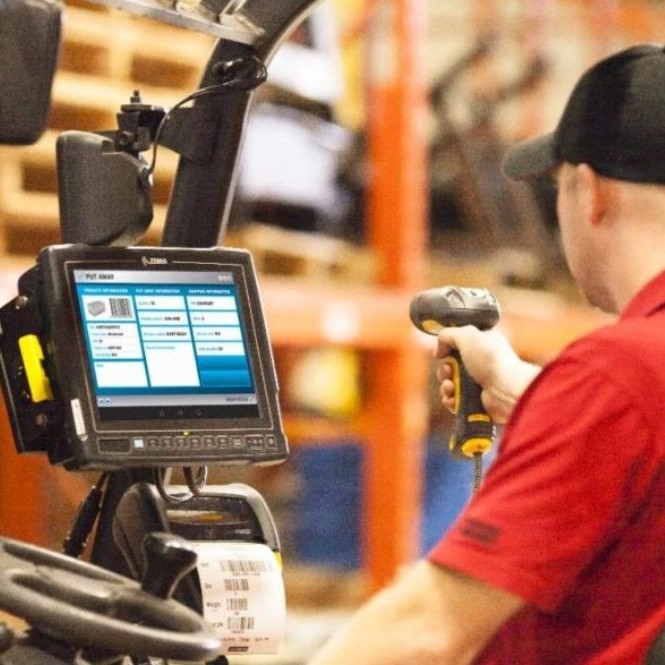
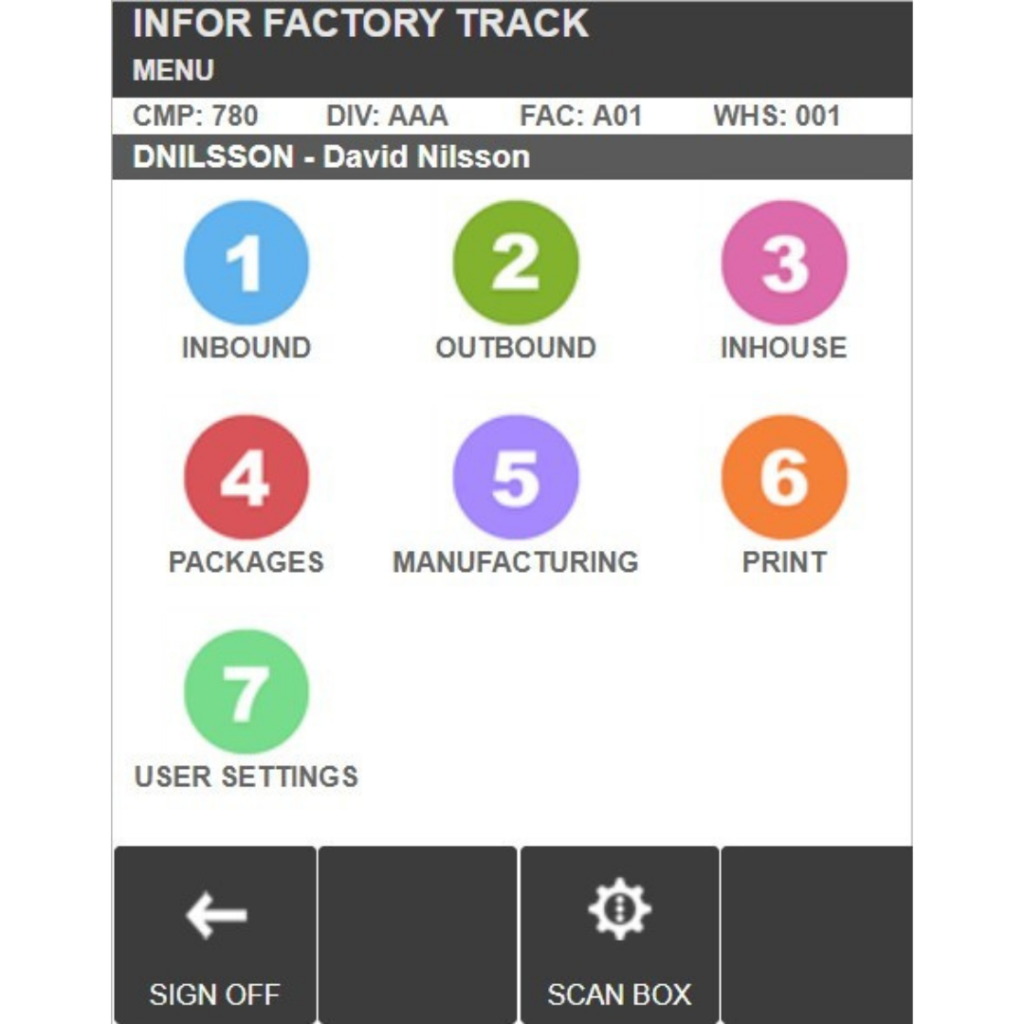
Figure 02: Forklift-mounted scanner
Figure 03: Handheld barcode scanner
Figure 04: Infor Factory Track user interface
5. Highly configurable. Infor Factory track is developed using the Infor Mongoose development platform, eliminating the need for complex coding to perform customizations.
6. Leverages the M3 API layer. This ensures consistency and performance.
7. Access via computers. If needed, the same application can be run on computers in addition to specialized hardware. This allows users to perform tasks such as system administration.
8. Platform Independent. Factory Track runs on any HTML5-supported browser.
9. Easy deployment and use. Factory Track is easy to deploy, and users can be trained in no time. This delivers significant ROI, quickly.
10. Cloud and on-premise availability. Businesses have the freedom to implement Factory Track on the cloud or as an on-premise solution.
11. Integrates warehouse and shop floor operations. Factory Track unifies warehouse and shop floor operations by bringing them under one solution.
Infor Factory Track Capabilities
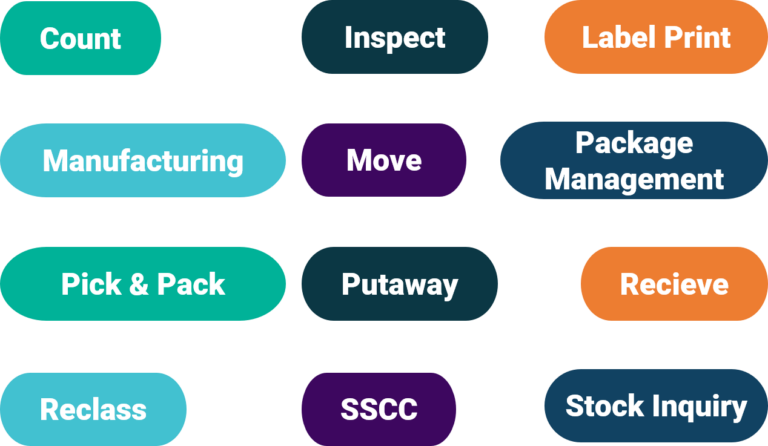
Figure 06: Infor Factory Track capabilities
Infor Factory Track Architecture
Infor Factory Track is a web-based client that uses standard M3 APIs and Web Services to communicate with M3, which is a cloud-based, manufacturing, and distribution ERP system.
The light client supports iOS, Windows, or Android-based scanning devices.
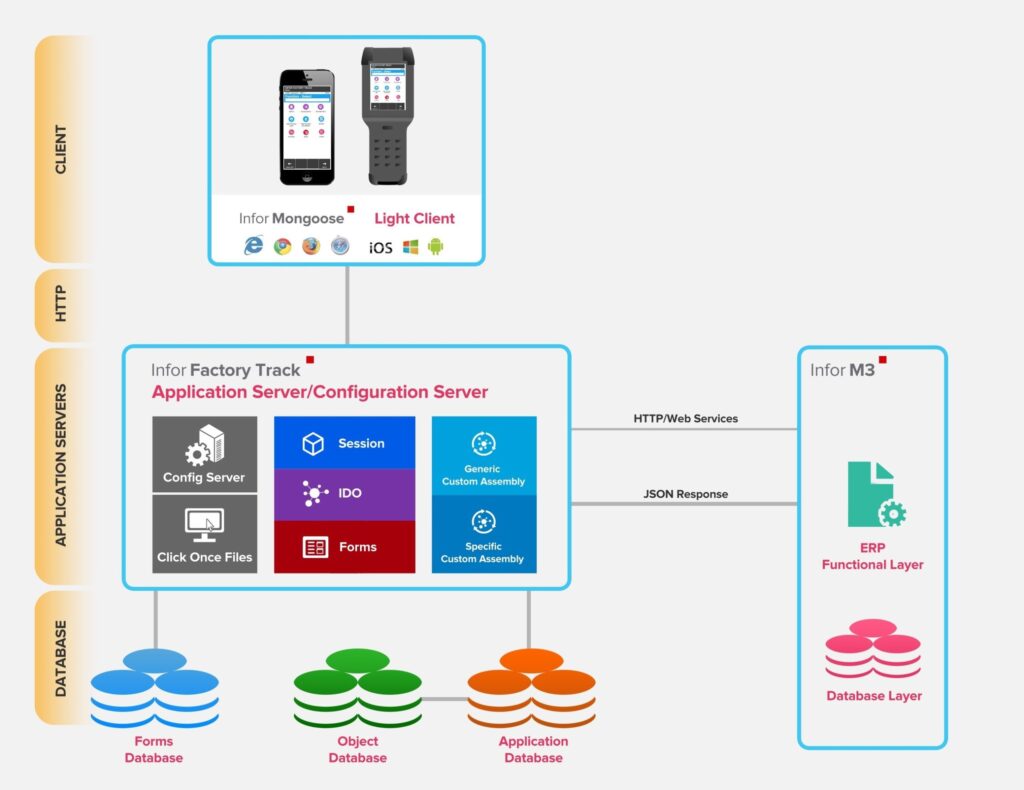
Figure 07: Infor Factory Track architecture
Conclusion
Infor Factory track is a powerful solution that unifies manufacturing and warehousing operations, boosting the efficiency and productivity of workflows. It adds value by providing manufacturing automation, warehouse mobility, traceability, and tools for tracking time and labor, on interfaces that can withstand fast-paced, volatile environments.
If you are looking for a solution that seamlessly facilitates warehousing and manufacturing operations and a solution that integrates with Infor M3/CloudSuite—Infor Factory Track is a great option.
Subscribe to our blog to know all the things we do

